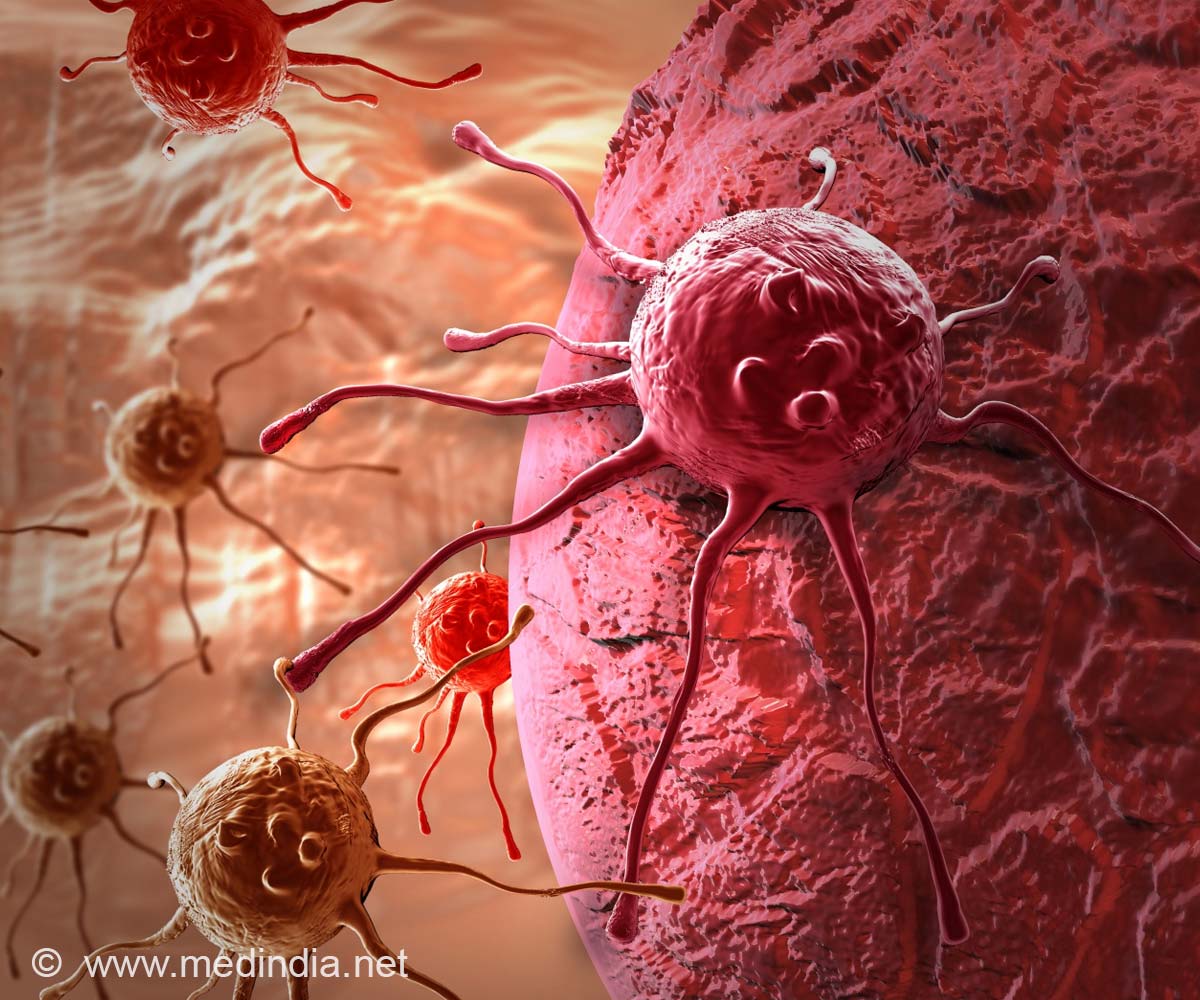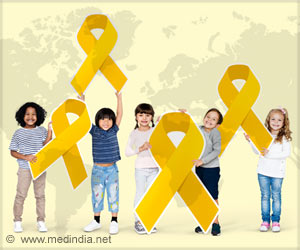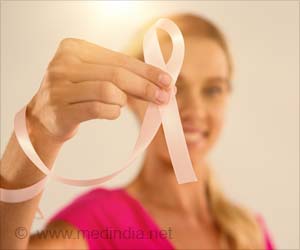Birth defects are an established risk factor for childhood cancer. But, cancer epidemiology in kids with congenital defects is not well characterized, reports a new study.

"We investigated 28 different types of cancer by analyzing data from population-based registries in four U.S. states. For eight cancer types, we saw differences in the frequencies of those cancers when comparing children with birth defects and children without," said first author Dr.
Jeremy Schraw, instructor of pediatric oncology and part of the Center for Epidemiology and Population Health at Baylor.
The group of children with birth defects in this study did not include those with syndromes caused by chromosomal or single-gene alterations, such as Down syndrome or neurofibromatosis, whose increased cancer risk has been previously studied.
The researchers found that acute lymphoblastic leukemia (ALL), the most common childhood cancer in the general pediatric population (24.5 percent), constituted a smaller proportion of diagnoses (12.4 percent) in children with birth defects. On the other hand, among children with birth defects, larger proportions of tumors were of embryonic origin, including neuroblastoma (12.5 percent vs. 8.2 percent) and hepatoblastoma (5 percent vs. 1.3 percent).
Regarding the age of diagnosis, the researchers found that the majority of these cancers were diagnosed 1 to 2 years earlier in children with birth defects than in children without.
Advertisement
"When we looked at the cancer stage at diagnosis, we found that, for the most part, there was no trend toward the earlier stage at diagnosis in children with birth defects," said Schraw, who also is a member of Baylor's Dan L Duncan Comprehensive Cancer Center. "This suggests that increased medical surveillance alone does not explain the earlier age at diagnosis in children with birth defects."
Advertisement
"If we understand better the link between birth defects and cancer, we might be able to identify which of these children have a uniquely high risk of cancer and need surveillance," said co-author Dr. Sharon Plon, professor of pediatric oncology and of molecular and human genetics at Baylor. She also is a member of the Dan L Duncan Comprehensive Cancer Center.
Source-Eurekalert














